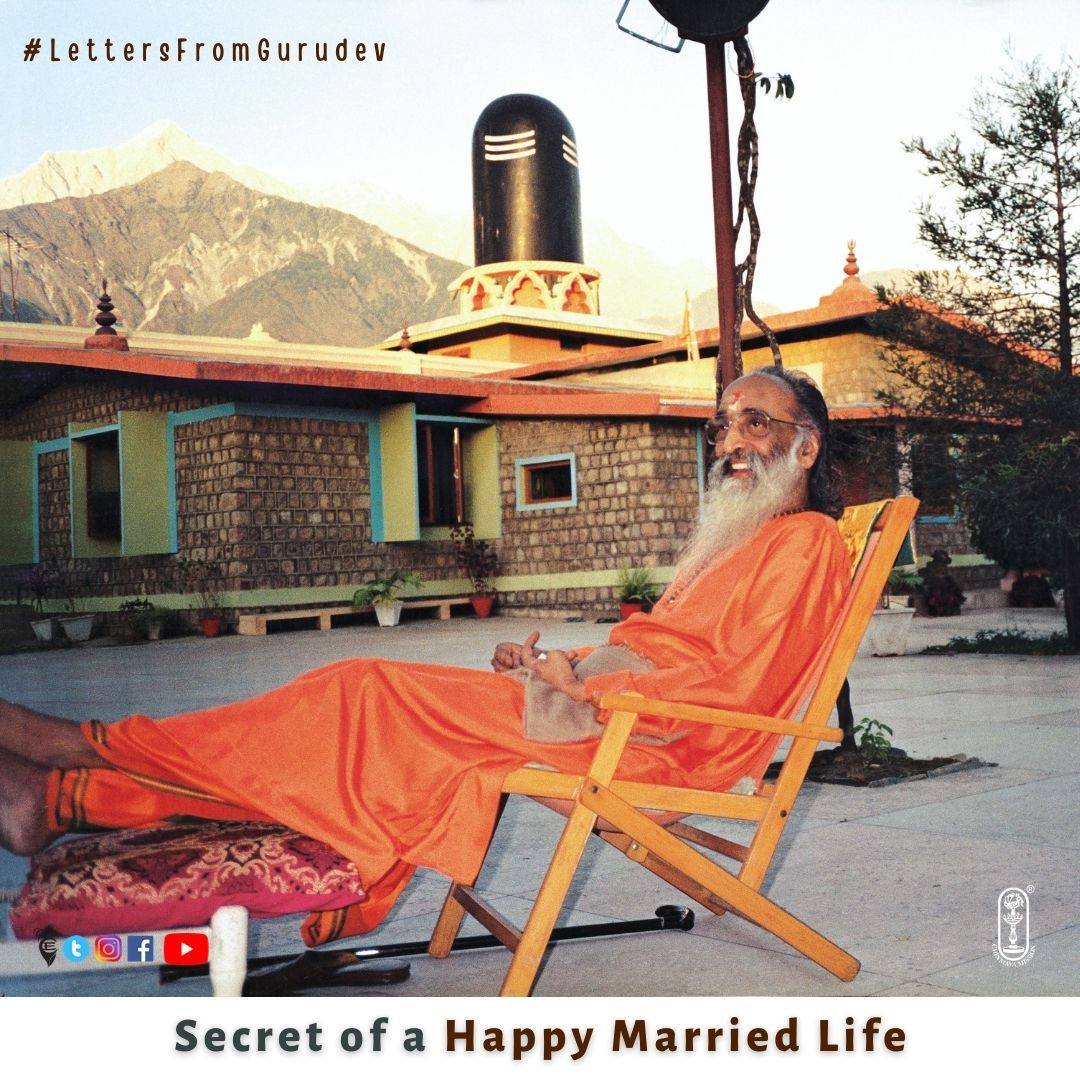The Kathopanishad: A Wondrous Epic of the Spirit : 8. Swami Krishnananda.
=====================================================================
===================================================================
Wednesday, December 15 2021. 8:00. PM.
The Kathopanishad: A Wondrous Epic of the Spirit : 8.
(Spoken on June 19, 1972).
====================================================================
What is this Beyond?
Yama does not give a direct answer; he evades the answer, though it looks that he was giving the answer.
Instead of giving the answer directly, he says something else. What does he say?
The very first thing that Yama speaks is śreyaś ca preyaś ca manuṣyam etas tau samparītya vivinakti dhīraḥ (Katha 1.2.2):
Nachiketas, two things will come to every person – every person, without exception. The good as well as the pleasant, both will come. I have offered the pleasant before you, and you have rejected it. I am happy. I have a true disciple before me. All the best conceivable pleasantries in the universe I have offered to you. You said, “I do not want them.” I am really glad, Nachiketas. Those persons who come face to face with these two forces, the pleasant and the good, have to choose between the two.
Do you want the pleasant or the good? The good is not necessarily the pleasant; the pleasant is not necessarily the good. The sreyas is the good, the preyas is the pleasant. Now, what is it that you really want?”
------------------------------------------------------------------------------------------------------------------------
Mostly we would ask for the pleasant, the satisfying, the delightful, the pleasing, and the beautiful. Who would ask for the bitter?
The cup of death is bitter, but that is an ordeal that we cannot escape. Nobody escaped it. If we read the lives of saints and sages, we will find that it was at the point of death that they were lifted to the realm of illumination. Everything had to leave them, and they were completely disillusioned of the values and worth of the visible world of senses. Such is the good, which is bitter in the beginning but pleasant afterwards. Bitter is the cup of the spirit and the cup of death. The pleasant is the cup of sensual satisfaction, but bitter is the consequence.
Which do we want? Do we want an early satisfaction and a grovelling suffering later on, or would we like to pass through the hardship of training now and then enjoy the delights of the spiritual realisation later on?
---------------------------------------------------------------------------------------------------------------------------
The good is different from the pleasant. Now, we mix up the two and mistake the pleasant for the good, and the good for the pleasant. The pleasant is nothing but the kama, or the desire, of the mind. What happens to those people who desire objects of the senses?
In the Mundaka Upanishad we have the answer, or perhaps in the Kathopanishad itself we are given the very same answer:
kāmān yaḥ kāmayate manyamānaḥ sa kāmabhir jāyate tatra tatra, paryāpta-kāmasya kṛtātmanas tu ihaiva sarve pravilīyanti kāmāḥ (M.U. 3.2.2).
Here is the essence of spiritual life in this single verse.
kāmān yaḥ kāmayate manyamānaḥ sa kāmabhir jāyate tatra tatra : In accordance with the structural pattern of your desire, you will be reborn in such and such a place. There is no hope of freedom for that soul which desires or longs for objects of the senses.
------------------------------------------------------------------------------------------------------------------
What is rebirth?
It is nothing but the materialisation of the spirit in the form of the body in a particular locality of space for the sake of the satisfactions that have been frustrated or defeated in an earlier incarnation. Nobody punishes us. Our own desires punish us. Desires have to be fulfilled. Every desire has to be fulfilled. It will not leave us.
It cannot go unfulfilled because a desire is a force. It is an energy that is manifest outside for the sake of materialisation, and if before the materialisation of the force of desires the body is shed on account of the exhaustion of prarabdha karma, what happens?
That force of desire which had not been materialised will clamour for satisfaction and drag the soul to those conditions or circumstances where alone it can materialise the desire, and so there is rebirth.
It can be in any realm, but it will be that particular locality or circumstance where alone these unfulfilled desires would be fulfilled.
kaman yah kamayate manyamanah sa kamabhir jayate tatra tatra
--------------------------------------------------------------------------------------------------------
To be continued.......
====================================================================




.jpg)

Comments
Post a Comment